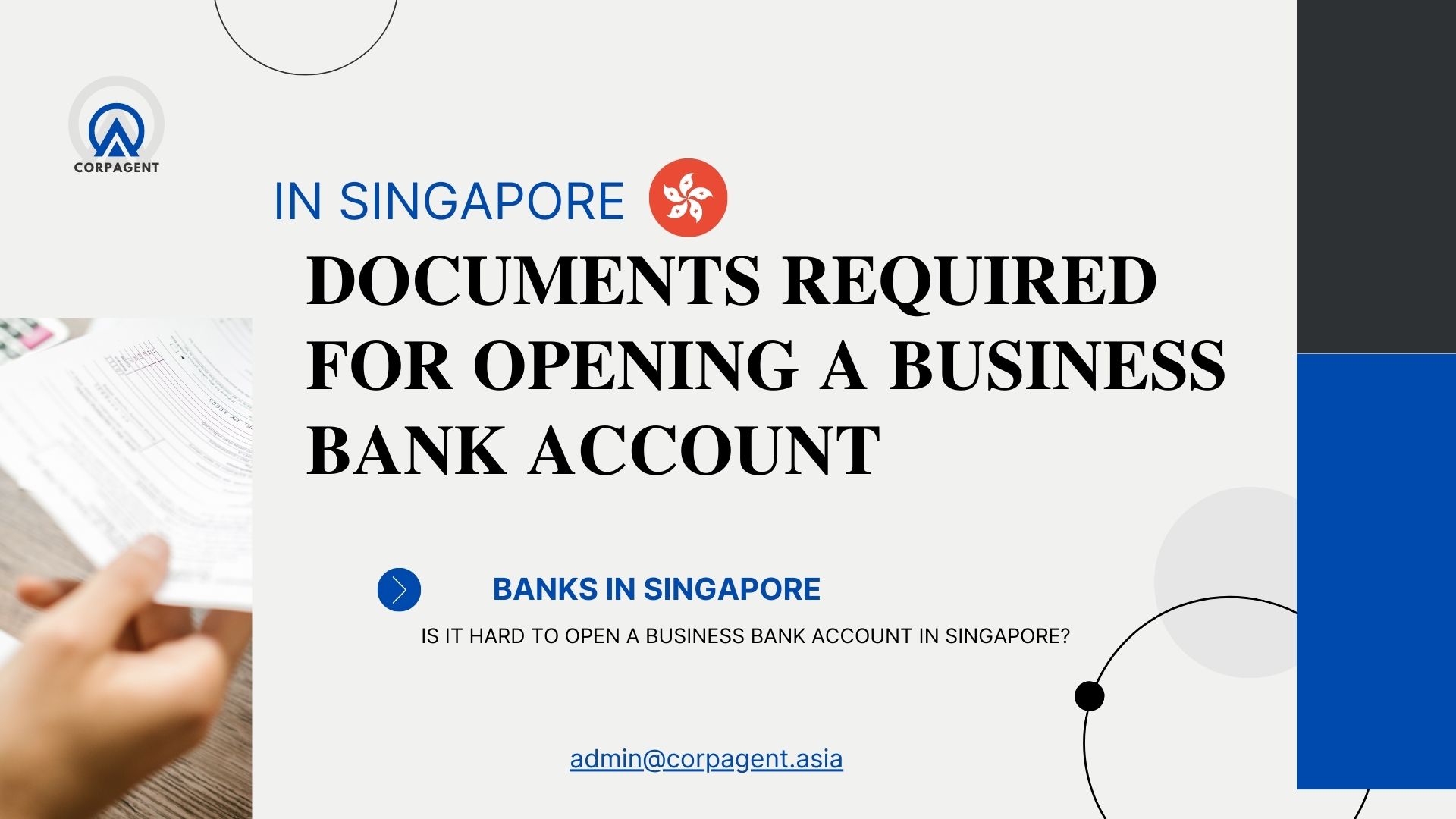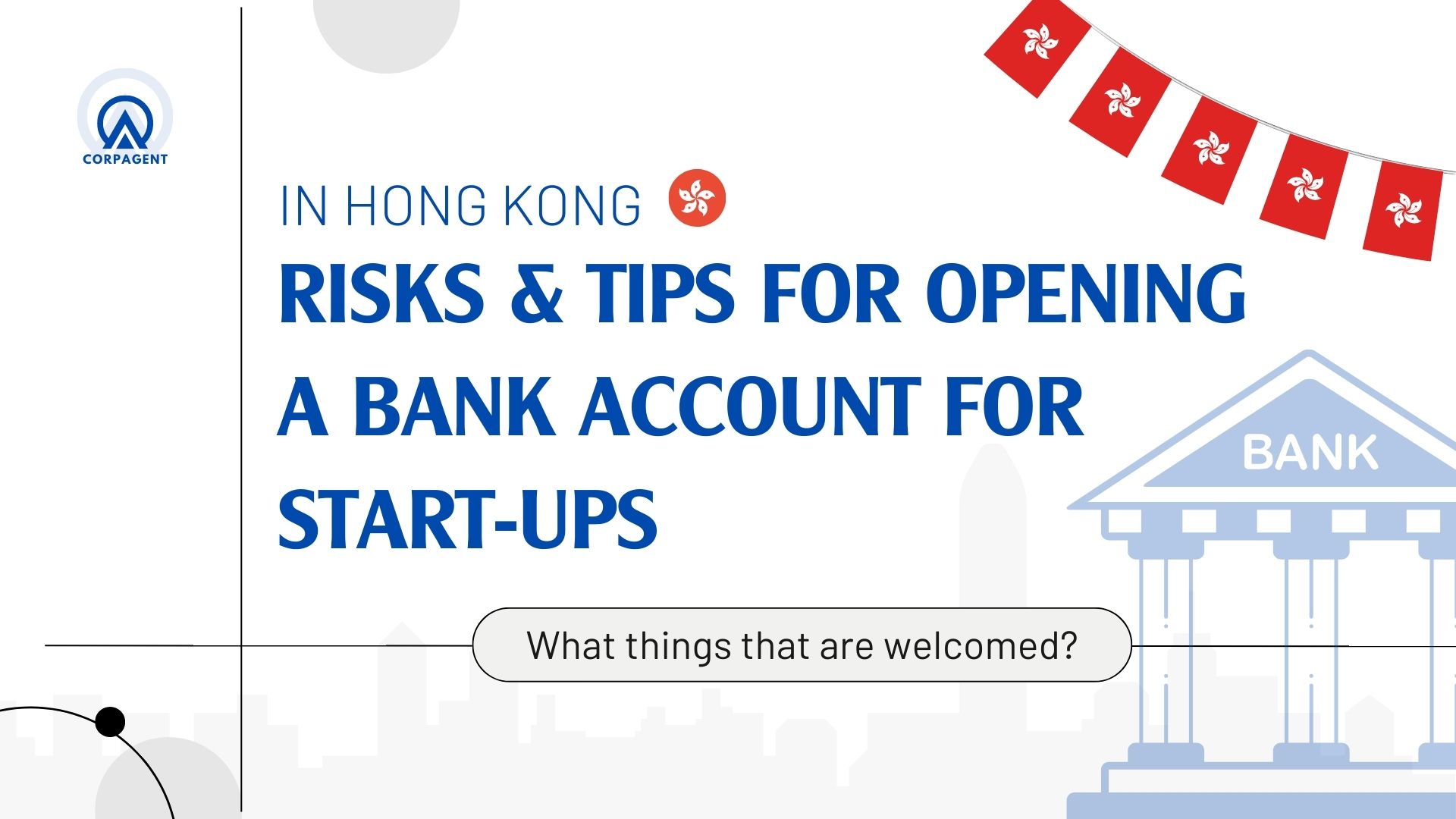No Longer A “Heaven”: How Belize Lost Credibility As A Tax Haven
16-06-2022
The world has changed. Just look at how in some of our lifetimes (mine included), Swiss bankers would pull up to your house in a Mercedes and take a bag of money you made from your copper recycling company, get in a jet, fly back to Switzerland and deposit your money in a numbered bank account.
Nowadays you’ve got the Panama Papers, and a fast-approaching tax haven blacklist and worldwide FATCA. Everyone from the US government to the OECD is freaked out about the so-called dangers of banking privacy.
And, because of that, the world has changed for good.
And, since the world has changed, you have to be keenly aware of the various implications of your decisions when you set up your company. So let’s go through those considerations (for both an online business and offline business, there really is no difference).
1. What is the purpose of the company?
Ask yourself: Am I actively doing business? Am I holding trademarks? Am I holding intellectual property? (Which can be dicey for US citizens). Am I holding real estate? Am I buying and selling real estate? etc. The answer to each of these questions has its own tax strategy. So, depending on your citizenship (namely Americans) and also your residency, these offshore companies may or may not help you to the extent that you think.
2. What do you need?
More specifically, what kind of bank account do you need? Are you doing lots of transfers? Do you need low-cost banking? Do you need fast banking? Do you need to be able to send money anywhere within 24 hours? What do you need? Your decision will vary based on your answers to this question as well.
3. Do you need to collect money?
Do you need to collect money from people other than through bank transfers? Will you need to use Paypal, credit cards, or other means besides bank transfers to collect money from clients, colleagues or others? How well does the credit card need to be? Do you need to take credit cards from people over the phone where you can just punch it in? Or do you need a shopping cart? Some jurisdictions will be better for e-commerce than others, so this is another point you’ll probably need to take into consideration.
And these are just a few considerations to get you started. This is what I work with people on because there are so many questions that are specific to you and your company. You could have 10 million questions. But it really comes down to your citizenship, your residency, the type of business you’re running and the answer to those and other questions.
Business considerations
So what about the type of business you’re running. For the most part, there isn’t that much of a difference between an online and offline business. You can make any business location-independent these days, so the only real difference is that with an online business you’ll often need a shopping cart and you’ll have money being deposited from various places.
For instance, if you run an Amazon business, they only want to pay you in certain countries. To solve those issues you have to use things like World First to send money and you’ll be working in different currencies… so that’s where it gets confusing.
The general rule is that companies like Belize, Seychelles, Marshall Islands, etc. are more difficult to deal with these days. Why? Paypal operates in most countries. So if you want a Paypal account you can get one. However, restrictions on withdrawing money or sending money from Paypal are more difficult in Panama, for example, than in the US. So your Paypal account may be less valuable if you’re business is run out of Belize.
Merchant accounts
Furthermore, merchant accounts are much, much, much harder to get with the old school offshore companies. And they require lots of nonsense, lots of paperwork, lots of upfront fees, higher ongoing fees, higher risk, and they usually want to hold 20% of your money for six months. They have no recourse against you. If your company is based out of Seychelles or Belize, merchant accounts simply don’t trust you. Their automatic defensive assumption is that you’ll just run a fraud and everyone will charge back on you.
Not the particular vibe you want to be sending out.
Hesitant banks
The other issue is banks. A lot of banks recently have been shutting down and refusing to take Nevis, BBI, and Seychelles companies for the same reasons: they don’t want the risk.
This is one of those issues you used to run into when you were in school growing up and the teacher said: “Well, I don’t know who made a mess on the floor, but none of you will fess up to it so you’re all going to be punished.”
The US government and the OECD among others are increasingly cracking down on banks for money laundering investigations and all kinds of stuff. People are very suspicious these days. So, understandably, banks don’t want to touch companies from questionable offshore jurisdictions — even with a ten-foot pole. They’ve finally come to the point where they’re just saying, “Nope! No more BVI. No more Belize.”
The tax haven blacklist
On top of all this, there are a few countries that have singled out Belize and other countries like them and placed them on a special type of blacklist. For example, if you’re Colombian and you work in Panama, the Colombian government simply taxes you in both places because they’ve deemed Panama a tax haven. No double taxation treaties there. Similarly, there are countries that have deemed Belize a tax haven, so if you have a company there it’s not going to give you tax benefits.
Reduce Your Business Tax Rate to 0%
Most of our clients pay less than a 7% tax rate (many pay 0%), reducing the biggest expense most businesses face. Entrepreneurship is in our DNA; let us show you how to do the same.
My issue with choosing Belize and other jurisdictions like it is that, increasingly, you are going to need a more robust strategy. The days of opening a company in a tax haven to get a bank account that you don’t report and don’t file any accounting for are gone.
If people have it working for them right now… it’s going to stop working eventually. If they’re US citizens it’s going to stop in the near future in many cases. If they’re not US citizens, it might take a little while longer, but eventually, banks are going to say “We don’t want your Belize company.” Whether it’s their own choice or someone forcing them to say it.
Make it work or leave it alone
Here’s the deal, if you are a US citizen I would avoid Belize. I’m not saying that for everything. This is again why I take on five people a month because there are some things that a Belize company would work well for.
For example, if you’re a non-US citizen and you want to hold trademarks and IP, Belize might work well for you if you don’t need to be sending and receiving money. I wouldn’t do it if you were sending and receiving money. But there are certainly situations in which a Belize company might work. However, if you’re engaging in money transfers or you’re running some sort of active business where you’re receiving payment for services or products, I wouldn’t do it.
In this day and age, you need a much more robust strategy.
If you have a Belize company right now, I recently helped someone who had a Belize company and we created another company to work in tandem with it. There are steps that you can take to make it all work, but it really depends on the setup and your goals.
In general, however, I’d advise you to avoid those kinds of offshore, traditional companies. It’s better to go to other places and pay a tiny amount of tax, or go to other places and qualify for tax exemptions. There are other ways to pay zero tax. Just going to Belize for the no reporting, no tax, no anything is just a little dicey. I would avoid it.
Other News
Singapore VS Hong Kong : Where is the best place to do business 2023?
Singapore and Hong Kong have been vying for dominance as Asia’s ‘Best Place to Do Business’ for decades. Both regions have enticed international investors with tax-friendly regulations, simple firm incorporation procedures, and superb infrastructure, among other things. Although Hong Kong has a longer history as a corporate center, Singapore has quickly caught up, eroding Hong Kong’s supremacy in the area. Singapore has been fast to implement business-friendly regulations that have attracted the majority of global companies to build their Asian presence on its shores.
What documents are required for opening a business bank account in Singapore 2023?
When you’re ready to start taking or spending money as your business, open a business account. A business bank account keeps you legally compliant and safe. It also has advantages for your customers and workers.
Today, we’ll look at Singapore’s banking business, which is a sophisticated financial ecosystem of local and foreign institutions. You will learn about the procedures for creating a corporate bank account, the required documentation, and the variety of banking services. And if you’re interested in opening a business bank account in Singpore, we’ll provide you with consultancy to help you, please contact us through https://corpagent.asia/
RISKS & TIPS FOR OPENING A BANK ACCOUNT FOR START-UPS IN HONG KONG
The difficulty of obtaining commercial bank accounts in Hong Kong has been well – recognized in recent years. It is also really complicated. Despite media attention and pressure from the Hong Kong Monetary Authority, InvestHK, Chambers of Commerce, and Hong Kong business organizations, opening bank accounts remains difficult for start-ups and small and medium-sized firms in particular.

Top 3 Crypto Exchanges Singapore 2023
Singapore is a prominent financial center that has experienced an increase in cryptocurrency use. Investors are seeking for the finest crypto exchange in Singapore, with up to 93% of its population having moderate knowledge of the crypto business.
This article will guide you some newest and safest pros and cons, provided base on top reviewers of top 3 crypto exchanges in Singapore:







